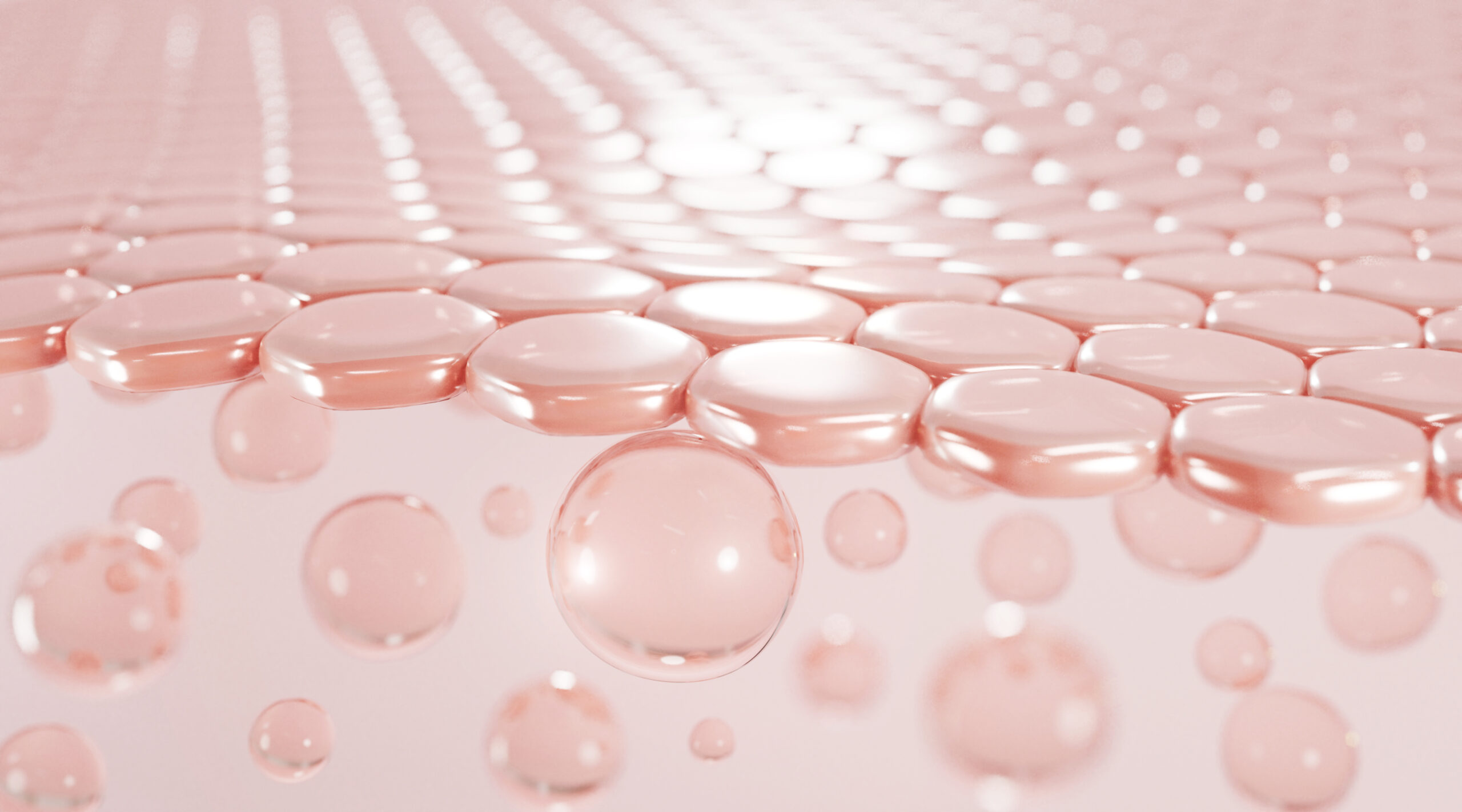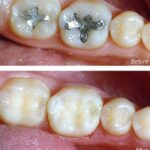Collagen is the most abundant protein in our body, making up about 30% of the total protein content. It plays a crucial role in maintaining the structure and elasticity of our skin, joints, bones, and connective tissues. As we age, the natural production of collagen decreases, leading to visible signs of ageing such as wrinkles, sagging skin, and joint discomfort. This decline has led to the rise in popularity of collagen supplements.
But do these supplements actually work? In this comprehensive blog post, we will delve into the science behind collagen supplementation.
What Is Collagen?
Collagen is a structural protein found in various parts of the body, including the skin, bones, muscles, tendons, and ligaments. It provides strength and elasticity to these tissues, contributing to their firmness and flexibility. There are at least 28 different types of collagen, with Type I, II, and III being the most prevalent in the human body.
- Type I: Found in skin, tendons, organs, and bone.
- Type II: Found in elastic cartilage, which cushions joints.
- Type III: Found in arteries, muscles, and organs.
As we age, its production naturally decreases, leading to signs of ageing and joint discomfort. This has prompted the use of collagen supplements to combat these effects.
Types of Collagen Supplements
Collagen supplements are available in various forms, each with its unique characteristics:
- Hydrolysed Collagen (Collagen Peptides): This form is broken down into smaller peptides, making it easier for the body to absorb. It is the most common form found in supplements.
- Gelatin: Derived from collagen, gelatin is a cooked form that thickens when cooled. It is often used in cooking and baking.
- Undenatured Type II Collagen: This form is not broken down and is thought to support joint health by modulating the immune system.
- Collagen Hydrolysate: Similar to hydrolysed collagen, it is broken down into smaller peptides but may have different amino acid profiles.
The Science Behind Collagen Supplements
Skin Health
One of the most popular reasons people take supplements is to improve skin health. Several studies have investigated the effects of collagen supplementation on skin elasticity, hydration, and wrinkle reduction.
- A study published in the Journal of Medical Nutrition & Nutraceuticals in 2015 found that women who took a daily dose of 2.5 to 5 grams of collagen peptides for eight weeks experienced a significant improvement in skin elasticity compared to those who did not take the supplement.
- Another study in 2014, published in Skin Pharmacology and Physiology, found that collagen supplementation increased skin hydration and reduced the appearance of wrinkles in women aged 35 to 55.
Joint Health
Supplements may also benefit joint health by supporting cartilage and reducing joint pain.
- A study published in Current Medical Research and Opinion in 2006 found that athletes with activity-related joint pain who took 10 grams of collagen hydrolysate daily for 24 weeks experienced a significant reduction in joint pain compared to those who took a placebo.
- Another study in 2012, published in the International Journal of Medical Sciences, found that individuals with osteoarthritis who took 40 milligrams of undenatured Type II collagen daily for 90 days had significant improvements in joint function and pain relief.
Bone Health
Collagen is a vital component of bone structure, and its supplementation may help maintain bone density.
- A study published in The Journal of Clinical Endocrinology & Metabolism in 2008 found that postmenopausal women who took 5 grams of collagen peptides daily for 12 months had increased bone mineral density compared to those who did not take the supplement.
- Another study in 2018, published in Nutrients, found that supplementation improved bone metabolism markers in postmenopausal women with low bone mass.
Muscle Mass and Strength
Collagen supplements may aid in preserving and building muscle mass, especially in older adults.
- A study published in The American Journal of Clinical Nutrition in 2015 found that older men who took 15 grams of collagen peptides daily for 12 weeks experienced an increase in muscle mass and strength compared to those who did not take the supplement.
- Another study in 2019, published in Nutrients, found that collagen supplementation improved muscle recovery and reduced soreness after exercise in older women.
Potential Benefits of Collagen Supplements
- Improved Skin Elasticity and Hydration: Supplementation may enhance skin elasticity and hydration, leading to a more youthful appearance.
- Reduced Joint Pain: Collagen may help alleviate joint pain and improve mobility in individuals with osteoarthritis or activity-related joint discomfort.
- Increased Bone Density: The supplementation may support bone health by increasing bone mineral density and reducing the risk of fractures.
- Enhanced Muscle Mass and Strength: Collagen may aid in preserving and building muscle mass, particularly in older adults.
- Support for Hair and Nail Growth: Some studies suggest that supplementation may promote hair and nail growth by providing essential amino acids.
Limitations and Considerations
While supplements offer potential benefits, there are some limitations and considerations to keep in mind:
- Variability in Results: Not all studies have shown consistent results, and individual responses to supplementation may vary.
- Quality of Supplements: The quality and purity of supplements can vary between brands, affecting their effectiveness.
- Digestibility: Some individuals may experience digestive discomfort or allergic reactions to certain supplements.
- Cost: High-quality supplements can be expensive, and their long-term cost-effectiveness may be a consideration for some individuals.
Real-Life Collagen Results
Visible Holistic Improvement
A Reddit User has been consistently using collagen peptides for over three years and reports significant improvements in hair, skin, nails, joints, and gut health. They take collagen on an empty stomach, guided by research suggesting it may be more effectively absorbed and delivered to tissues in this way.
Alongside collagen, they also supplement with MSM, diatomaceous earth, silica, R-alpha lipoic acid, and zinc, specifically to support skin health. Having struggled with chronic skin conditions such as eczema, hidradenitis suppurativa (HS), and severe acne throughout their life, they credit this regimen with noticeable and lasting improvements.
Luscious Hair
A Reddit User began taking a supplement a few months ago and recently received feedback from her hairdresser about noticeable new hair growth. She has also observed a reduction in hair shedding. While she hasn’t noticed significant changes in her nails or skin, and doesn’t work out to assess any impact on joints or muscles, the improvement in hair health stands out as the most apparent benefit so far.
5 Suprising Facts About Collagen Supplements
You can also check out fascinating video by Dr. Youn, wherein he talks about 5 amazing and surprising facts of supplements.
Collagen Supplements: A Boon For Your Health
Supplements have shown promise in improving skin health, joint function, bone density, and muscle mass. While more research is needed to fully understand their long-term effects and optimal dosages, current evidence supports their potential benefits. As with any supplement, it’s essential to consult with a healthcare professional before starting a collagen regimen, especially if you have underlying health conditions or are taking other medications.
Incorporating collagen-rich foods into your diet, such as bone broth, chicken skin, and fish scales, can also support natural collagen production. A balanced diet rich in vitamins and minerals, along with regular exercise, can further enhance the benefits of supplementation and promote overall health and well-being.
References
Researchgate.net
National Library Of Medicine
Seniorfitness.org









Leave a Reply